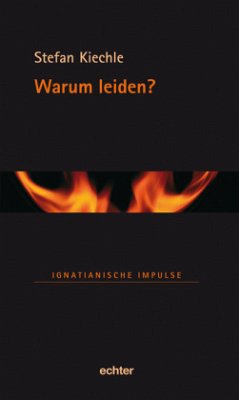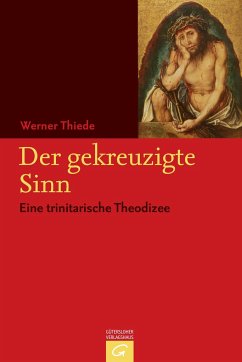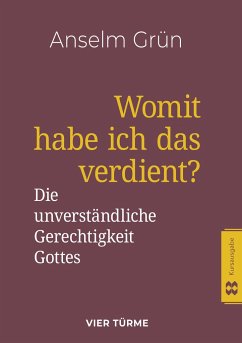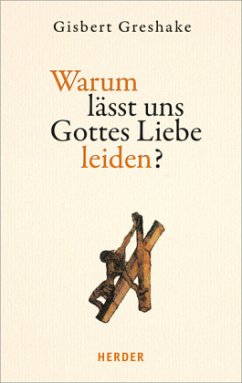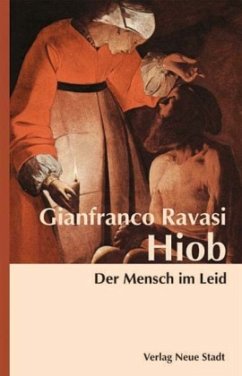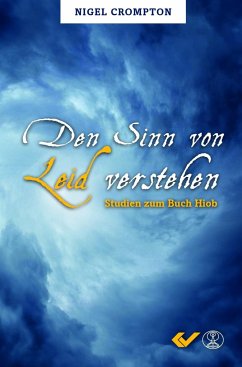Nicht lieferbar
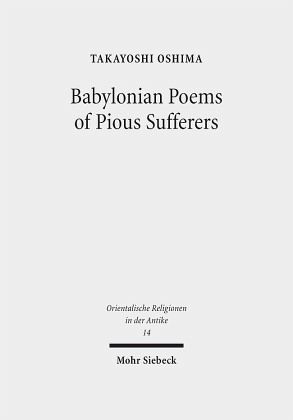
Babylonian Poems of Pious Sufferers
Ludlul Bel Nemeqi and the Babylonian Theodicy
Versandkostenfrei!
Nicht lieferbar
Takayoshi Oshima analyses the two most important Babylonian wisdom texts: Ludlul B l N meqi (also known as the Babylonian Job or the Babylonian Righteous Sufferer) and the so-called Babylonian Theodicy. On the basis of the hitherto published as well as newly available, unpublished cuneiform manuscripts, the author establishes a new critical text for each poem and gives an English translation. He offers detailed philological and critical notes to the texts, discussing both the textual and the interpretive issues evoked by individual words and passages. In addition, however, each poem is precede...
Takayoshi Oshima analyses the two most important Babylonian wisdom texts: Ludlul B l N meqi (also known as the Babylonian Job or the Babylonian Righteous Sufferer) and the so-called Babylonian Theodicy. On the basis of the hitherto published as well as newly available, unpublished cuneiform manuscripts, the author establishes a new critical text for each poem and gives an English translation. He offers detailed philological and critical notes to the texts, discussing both the textual and the interpretive issues evoked by individual words and passages. In addition, however, each poem is preceded by a lengthy discussion of its origins, intention, and plot, as well as by more general considerations of its cultural and historical background, including short but important observations on the relationship to Old Testament wisdom literature.






